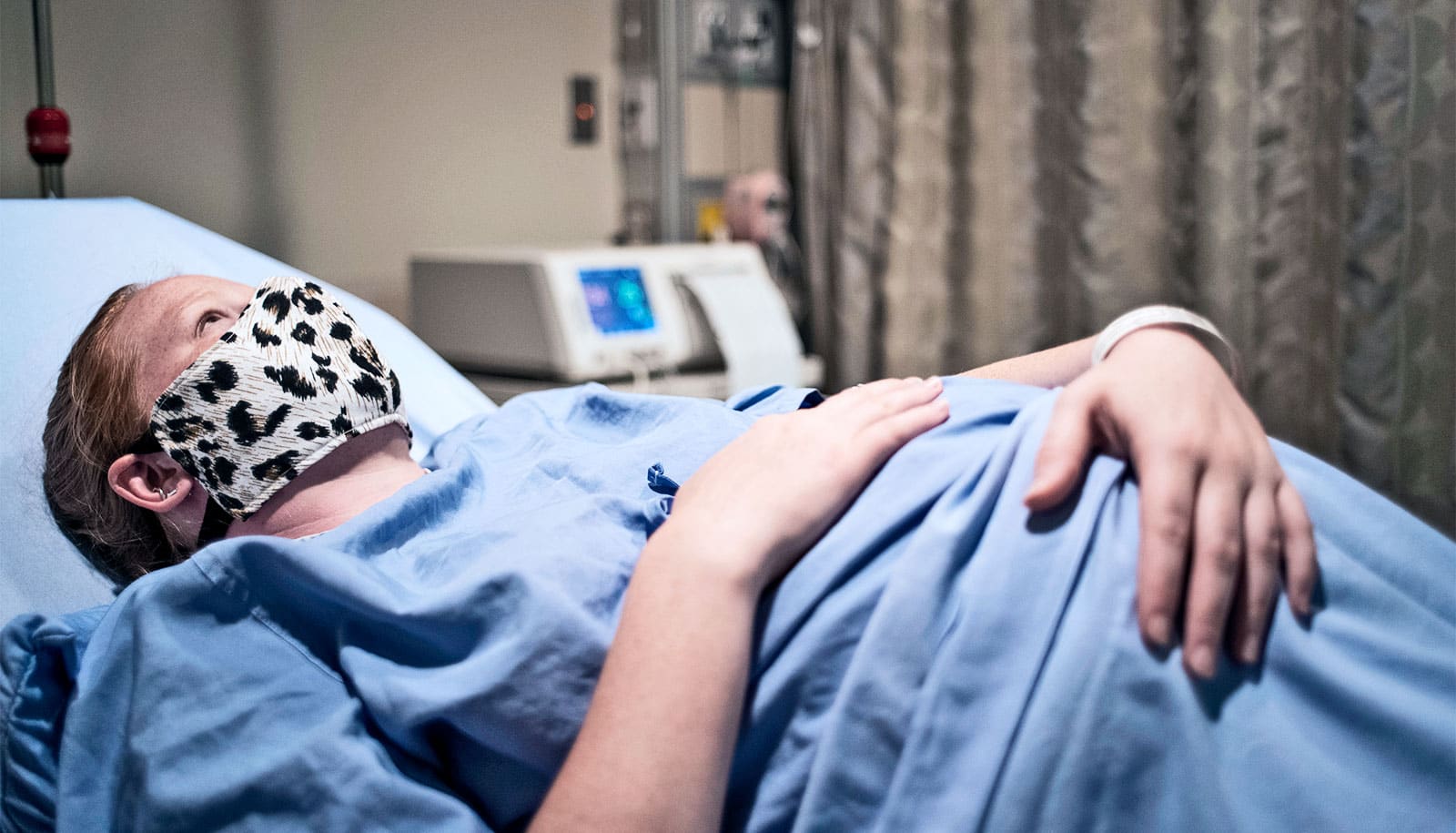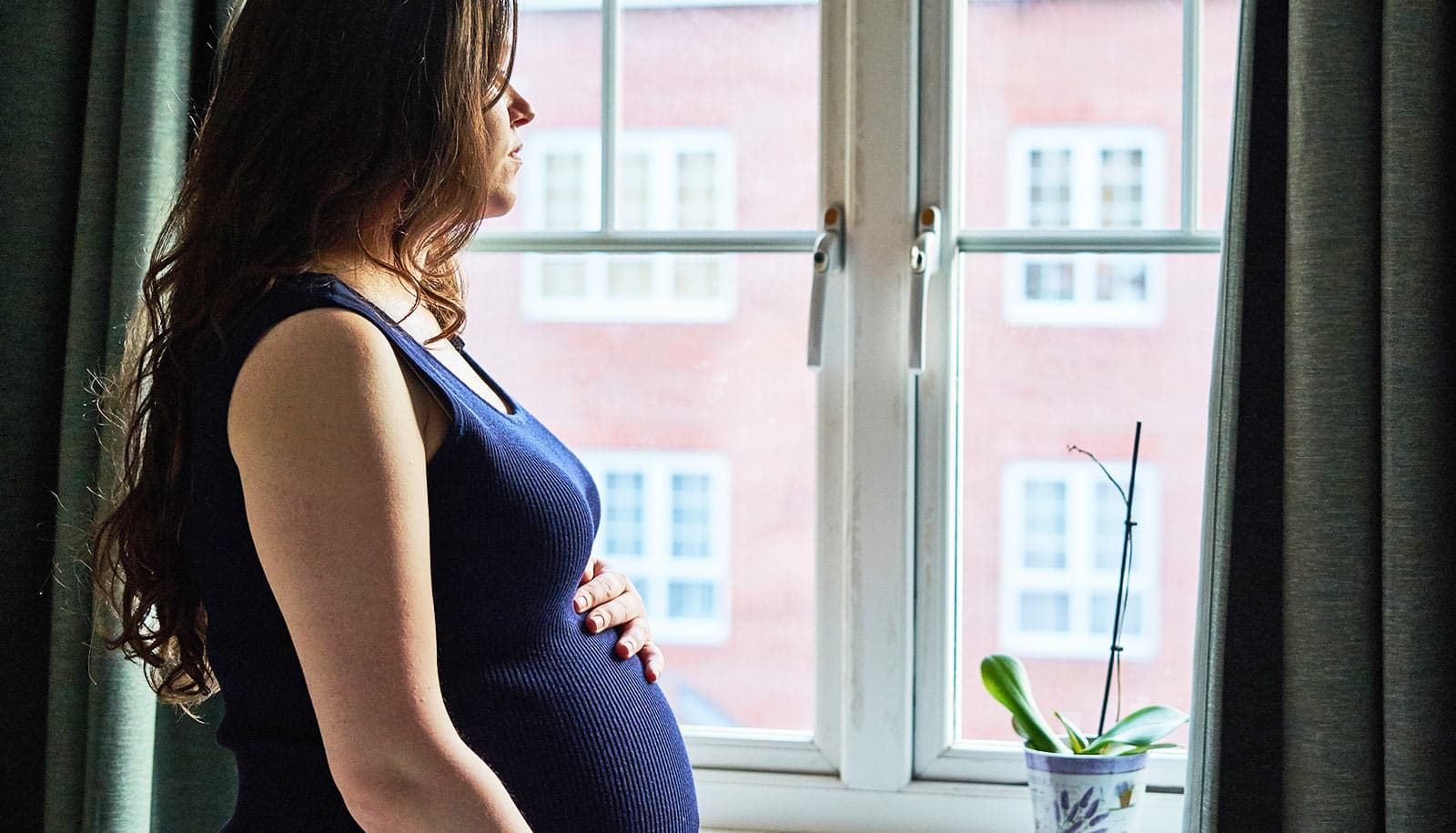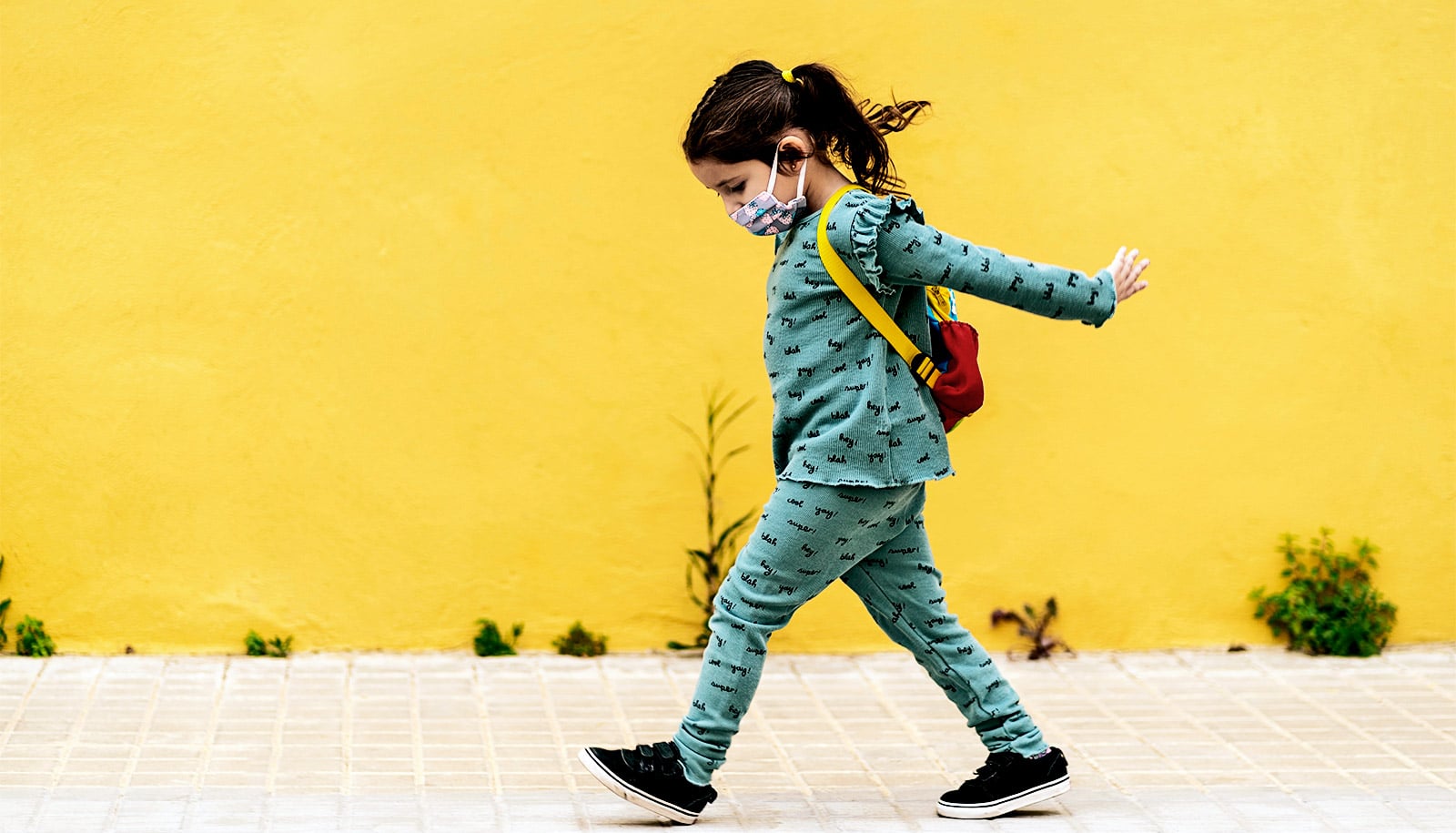Pregnant people infected with the SARS-CoV-2 virus face significantly higher risk of severe maternal and newborn complications compared to those without the virus, according to a new study.
Researchers gathered data from 2,100 pregnant people from 43 maternity hospitals in 18 low-, middle-, and high-income countries worldwide. To determine the risk COVID-19 posed, researchers compared each person the virus affected to two non-infected pregnant people giving birth at the same time in the same hospital.
Robert Gunier, an assistant researcher at the School of Public Health at the University of California, Berkeley, and Stephen Rauch, a data analyst at Berkeley Public Health, led the project’s statistical analysis.
“It is important to understand the impact of COVID-19 on pregnant people and neonates to inform clinicians of the risks and to reduce vaccine hesitancy among pregnant people,” Gunier says.
“We found that symptomatic COVID-19 infection was associated with substantial increases in maternal and neonatal complications and morbidity, suggesting that clinicians should implement COVID-19 preventive measures with pregnant people.”
The study found that people who were infected with COVID-19 during pregnancy were at increased risk of premature birth, pre-eclampsia, infections, admission to intensive care, and even death. While the number of maternal deaths remained low overall, the risk of dying during pregnancy and in the postnatal period was 22 times higher in people with COVID-19 than in non-infected pregnant people.
Babies born to people infected with COVID-19 were also more likely to develop complications, such as conditions requiring admission to neonatal intensive care units. However, only 12.9% of infants born to people with COVID-19 tested positive for the virus after birth, and breastfeeding did not seem to increase the risk of transmitting the virus to the newborn.
“Luckily, we found that COVID-19 positive people who were asymptomatic had mostly similar outcomes to people that were COVID-19 negative,” Gunier says.
The findings highlight the need to prioritize the health of pregnant people when developing public health measures, the researchers say.
“We now know that the risks to mothers and babies are greater than we assumed at the start of the pandemic and that known health measures when implemented must include pregnant women,” says Stephen Kennedy, a professor of reproductive medicine at the University of Oxford who co-led the study.
“The information should help families, as the need to do all one can to avoid becoming infected is now clear. It also strengthens the case for offering vaccination to pregnant women.”
Thew study appears in JAMA Pediatrics.
Source: UC Berkeley



